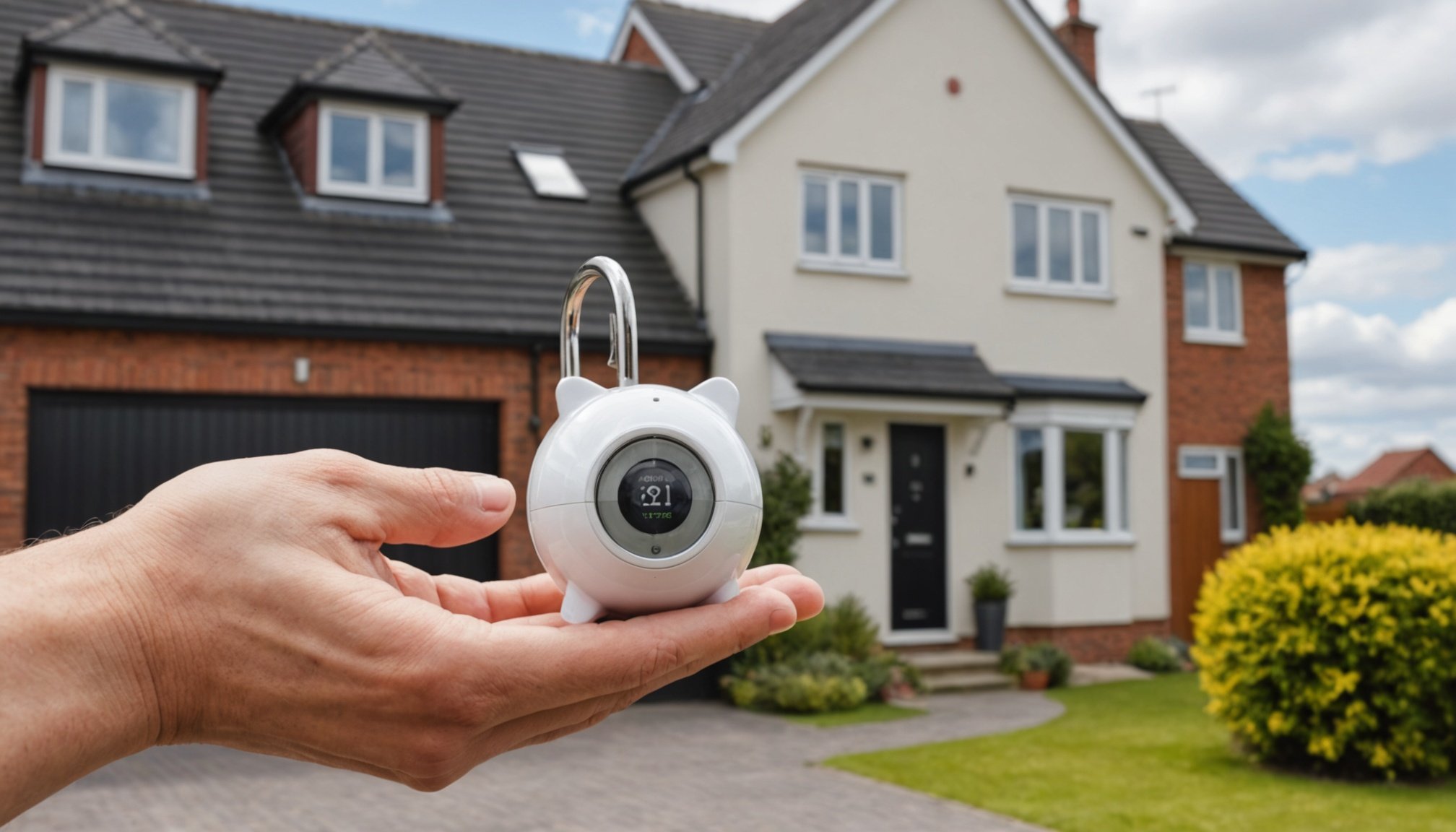Homeowners in the UK often overlook the potential savings available through tax rebates for energy-efficient upgrades. This guide illuminates the path to unlocking these financial benefits, making your home more eco-friendly while reducing your tax burden. From insulation improvements to renewable energy installations, each step you take not only enhances your living space but also boosts your finances. Discover how to navigate this valuable opportunity and maximise your returns on investment.
Overview of Tax Rebates for Energy-Efficient Upgrades
Tax rebates are financial incentives provided by the government to encourage energy-efficient upgrades. These rebates reduce the overall cost for UK homeowners investing in sustainable solutions. By promoting such upgrades, tax rebates support both individual savings and environmental benefits.
A lire également : Transforming Remote Property Management: Innovative Tech Solutions for UK Landlords Overseeing Multiple Homes
Energy efficiency is crucial for homeowners as it leads to reduced energy bills and a smaller carbon footprint. Implementing energy-efficient upgrades, such as improved insulation or solar panels, not only enhances property value but also contributes to a more sustainable future.
In the UK, several tax rebate programs are available to assist homeowners in making these upgrades. These programs are designed to alleviate the initial financial burden and encourage widespread adoption of energy-efficient technologies. For instance, the Green Home Grant scheme previously offered vouchers to cover some of the costs associated with energy improvements. Although this specific program has concluded, other initiatives continue to provide support.
Dans le meme genre : Unlocking the Future: How UK Homebuyers Can Leverage Virtual Reality for Immersive Property Tours and Enjoy Its Benefits
Understanding the available tax rebates can empower homeowners to make informed decisions about energy-efficient upgrades. By taking advantage of these opportunities, homeowners can contribute to a more sustainable environment while enjoying the economic benefits of reduced energy consumption.
Eligibility Criteria for Tax Rebates
Understanding the eligibility criteria for tax rebates is crucial for UK homeowners seeking to benefit from financial incentives for energy-efficient upgrades. Generally, homeowners must meet specific tax rebate qualifications to access these benefits.
General Eligibility Requirements
Most programs require applicants to own the property where the upgrades will be implemented. Additionally, the property must be used primarily as a residence. Landlords may also qualify for certain rebates, provided they meet specific homeowner requirements.
Specific Criteria for Different Upgrades
Eligibility can vary depending on the type of energy-efficient improvement. For instance, rebates for solar panel installations might necessitate a south-facing roof with minimal shading, while insulation upgrades could require a certain level of existing thermal efficiency. It's important to consult specific program guidelines for detailed criteria.
Documentation Needed
To prove eligibility, homeowners typically need to submit documentation, such as proof of ownership, recent energy bills, and detailed upgrade plans. Some programs may also require quotes from certified contractors. Proper documentation ensures a smoother application process and increases the likelihood of rebate approval.
By understanding these criteria, homeowners can effectively plan their upgrades and maximise their financial benefits.
Application Process for Claiming Tax Rebates
Navigating the application process for claiming tax rebates in the UK can seem daunting, but a clear step-by-step approach simplifies it.
Step-by-Step Guide
- Research Available Rebates: Identify which rebates apply to your energy-efficient upgrades.
- Gather Documentation: Compile necessary documents like proof of ownership, energy bills, and contractor quotes.
- Complete Application Forms: Access and fill out forms from the relevant tax authority or program website.
- Submit Application: Ensure all information is accurate and submit your application through the designated platform.
Common Pitfalls to Avoid
- Incomplete Documentation: Missing documents can delay or void your application.
- Incorrect Details: Double-check all personal and property details to avoid errors.
- Ignoring Deadlines: Submit applications within the specified timeframe to ensure eligibility.
Timeline for Receiving Rebates
After submission, the timeline for receiving rebates varies. Generally, it takes several weeks to a few months for processing and approval. Staying informed through official channels can provide updates on your application status. Understanding these steps and potential pitfalls ensures a smoother experience in claiming your tax rebates.
Benefits of Investing in Energy-Efficient Upgrades
Investing in energy-efficient upgrades offers numerous advantages, with long-term financial savings being one of the most compelling. Homeowners can significantly reduce their energy bills by adopting technologies like solar panels or improved insulation. These upgrades not only lower monthly expenses but also increase property value, making them a wise financial decision.
Beyond economic benefits, energy-efficient upgrades contribute to sustainability by reducing energy consumption and lowering carbon emissions. This positive environmental impact aligns with global efforts to combat climate change, making such investments both responsible and rewarding.
Real-world examples underscore these benefits. Consider a homeowner who installed solar panels and improved home insulation. They reported a 30% reduction in energy bills within the first year. Additionally, they qualified for tax rebates, further enhancing their financial gains. Such case studies illustrate how energy-efficient upgrades can yield substantial economic and environmental returns.
By understanding the benefits of these upgrades, homeowners can make informed decisions that support both their financial goals and environmental responsibilities. Embracing energy-efficient solutions is a step towards a more sustainable future, offering rewards that extend beyond the individual to the community and planet.
Resources and Support for Homeowners
Homeowners in the UK have access to a variety of UK government resources and local programs designed to support energy-efficient upgrades. These resources provide essential information and assistance, helping homeowners navigate the complexities of tax rebates and other incentives.
Key Government Websites and Resources
The UK government offers several online portals where homeowners can find information on tax rebates and energy-efficient upgrades. Websites such as GOV.UK provide comprehensive guides on available rebates and eligibility criteria. They also offer application forms and detailed instructions to ensure a smooth process.
Local Programs and Incentives
In addition to national resources, local councils often run specific programs to encourage energy efficiency. These programs may offer additional incentives or rebates tailored to regional needs. Checking with your local council can reveal further opportunities for financial support.
Contact Information for Support Services
For personalised advice, homeowners can contact support services dedicated to energy efficiency. Organisations like the Energy Saving Trust offer guidance on available upgrades and financial incentives. They provide helplines and online chat services to answer queries and offer tailored advice.
By utilising these resources, homeowners can effectively plan and implement energy-efficient upgrades, maximising both environmental and economic benefits.











